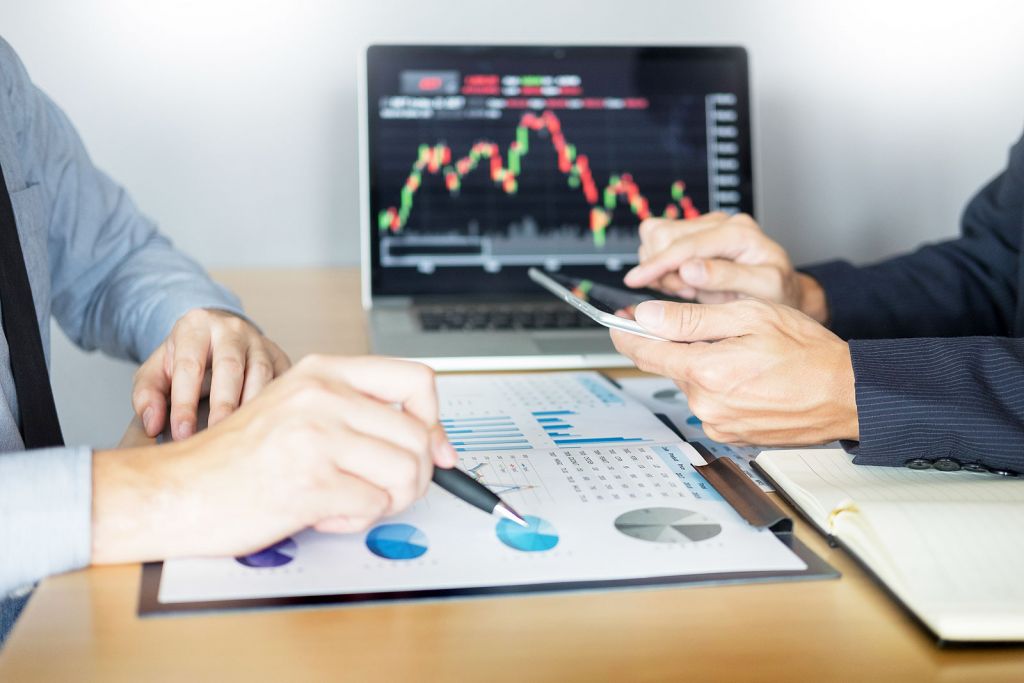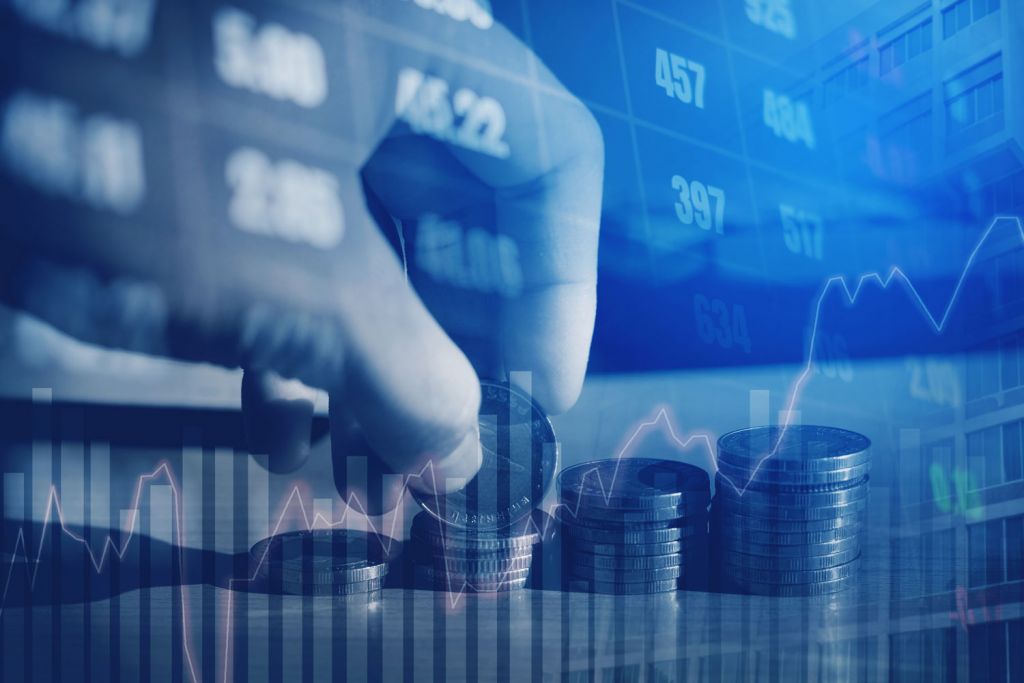

With the commencement of the Brexit negotiations and world stock markets falling due to coronavirus fears, the economic outlook is confusing. Giles Coghlan Chief Currency Analyst at HYCM offers his views on how best to navigate the ever-changing economic landscape.
Ask any experienced investor or trader, and they will tell you that it is virtually impossible to approach any investment with absolute certainty over how it will perform.


This is an inherent truth when investing in major financial markets. Besides the overall difficulty of understanding the intricate details of trading or knowing when it is appropriate to buy/sell an asset, changes in the markets can be rapid and unexpected.
These changes are often caused by a combination of expected and unforeseen global political, economic and social events.
Even with all this in mind, an issue often overlooked when managing a portfolio is understanding how these social, political and economic events can impact the financial markets.
There is a definite need to be discerning about your investments and monitor both the markets and what is happening in the world with a watchful eye.
Year upon year, trending global events have caused market volatility, and already 2020 has been no exception. At $1,600 per ounce in early January, the price of gold rose to its highest price in 7 years due to the rising tensions between the US and Iran.
We could see a similar price spike yet if regional instability continues to grow.
Looking to the future, I have listed two developing social, political and economic trends that investors and traders need to be mindful of.


Brexit has begun, but will the ‘Boris bounce’ continue?
Amid the escalating political and economic uncertainty of 2019, commentators speculated that the failure of the UK government to strike a deal on Brexit and the election of Boris Johnson as Prime Minister would be detrimental to the value of sterling.
But investors were reassured by the prospect of a majority-led Conservative government, and markets basked in the afterglow of Johnson’s decisive victory in the general election.
Indeed, the FTSE100 increased in value by £33 billion in the days following the election in December last year.
However, it is important to note that although the UK formally left the European Union on the 31st of January, Brexit hasn’t been resolved just yet. There are still justifiable concerns about what the full impact of Brexit will be on the economy and markets for the rest of the year.
That said, the effects of Brexit negotiations are ever-developing and have the potential for significant fallouts and gains.
Nonetheless, UK investors seem to be optimistic that the so-called ‘Boris bounce’ will endure as more of a longer-term trend.
Markets drop amid coronavirus fears
With the second-largest economy in the world, the impact of the coronavirus outbreak in China is set to have serious ramifications for the global economy.
The outbreak has been a contentious topic amongst commentators; some have suggested that the virus would cause only short-term disruption to the major markets.
Others have expressed their confidence that central banks in China have the tools required to bolster the economy back to health and address any market volatility.
However, we should not downplay the significance of this issue. The coronavirus is a developing trend that has become more serious in recent weeks. New cases of the virus are being reported throughout Europe and the Middle East, far outside the outbreak’s initial focus in China.
Indeed, companies based in the US and Europe who rely on China as part of their supply chain model have been indirectly feeling the effects.
Tech giants Apple have warned of temporary constraints to supply due to the fact that its suppliers have reduced their level of output, which has resulted in an investor sell-off of shares being held in financial and technology companies.
Meanwhile, in London, on the 25th of February, the FTSE100 index closed at its lowest level in a year, down 1.9% at 7,018.
In New York, the Dow Jones experienced its biggest drop in two years due to fears that the ongoing outbreak could have serious, long-term implications.
It has been projected that China will adjust its 2020 GDP growth forecast accordingly, which currently stands at 6.1%. At the moment, this could be readjusted by as much as a 1% drop.
Whatever the outcome, it is clear that investors and traders should monitor the developments of the outbreak closely before acting.
Developing one’s awareness of a changing financial backdrop and the ability to act accordingly in response to market fluctuations is, therefore, fundamental. The financial markets are always subject to social, political and economic trends, offering investors and traders the potential for both risks and gains.
It seems evident that Brexit and the coronavirus will remain trending topics for many months to come. That’s why closely monitoring the news is vital for any trader and investors. By understanding how different asset classes react to different global events, investors are better positioned to plan for the future.
High-Risk Investment Warning: CFDs are complex instruments and come with a high risk of losing money rapidly due to leverage. 67% of retail investor accounts lose money when trading CFDs with this provider.
You should consider whether you understand how CFDs work and whether you can afford to take the high risk of losing your money. For more information, please refer to HYCM’s Risk Disclosure.
This guest article was written by Giles Coghlan, Chief Currency Analyst at HYCM.
Giles Coghlan is Chief Currency Analyst at HYCM – an online provider of forex and Contracts for Difference (CFDs) trading services for both retail and institutional traders. HYCM is regulated by the internationally recognized financial regulator FCA.
HYCM is backed by the Henyep Capital Markets Group, established in 1977 with investments in property, financial services, charity, and education.
The Group, via its relevant subsidiaries, have representations in Hong Kong, United Kingdom, Dubai, and Cyprus.
